In early 2011, I worked for the Labour Party as an “organiser,” someone charged with organising the local campaigns in really close-run seats.
In January of that year Labour had a double-digit lead over the SNP in the polls under the leadership of Iain Gray and most people in the party and beyond it thought a return to government was within touching distance.
The weeks that followed saw that lead evaporate and the SNP storm to power with a majority and a mandate for an independence referendum.
I lost both those marginal seats and was elected myself as an MSP for the Lothians list.
It’s a story of how quickly political weather can turn, and it can happen with or without a seismic scandal or political event, as it did then.
It can just be a mood, a feeling, we’re a fickle populi and we can blow with the wind.
A decade of politics defined by the constitution started that day and some wonder if the recent general election result has brought it to a close.
Will Scottish politics move on from that binary divide? I’m not so sure.
‘Uncomfortable with unionist term’
As we look back on the independence referendum this week, I’ve been reflecting a lot about the campaign and how we saw each other as fellow Scots at that time, depending on how we intended to vote.
What I perhaps hadn’t appreciated then, which I understand now, is the extent to which the prospect of independence was everything to those fighting for it.
For many Yes activists, it was their political ideology, their dream and purpose.
For those of us on the left or the centre left of the No side, our fervour and political passions lay elsewhere.
It’s one of the reasons so many of us were and are so uncomfortable with the term “unionist”.
I remember being in the green room of a husting somewhere in the country having just finished a debate when Nicola Sturgeon, in a quiet moment turned to me and said something like: “The thing you don’t understand is, we really mean this.”
I’ve thought about that a lot since.
Did people on the Yes side think we just thought they were silly?
That supporting independence was somehow an aberration or a phase rather than a defining belief.
If she felt the need to say that to me, did she think I thought that of her?
I didn’t as it happens. I just disagreed with her.
‘Everything had changed’
I voted No because I believed – and still believe – the United Kingdom offers the best mechanism to redistribute the power and wealth required to deliver the type of country I want to live in.
One that’s equitable, prosperous and progressive.
I travelled back to Edinburgh from Glasgow on the morning of September 19, 2014, having been up all night watching the result at the Hilton hotel where Better Together were based.
I will never forget the stillness of the country that day. A sense that nothing and everything had changed.
Looking back now, the divide in country was not between those that won and lost, but between those experiencing grief or relief.
If we thought the referendum itself was divisive, the years that followed have been worse.
We’ve become in my mind more polarised, more assured of our own righteousness, less willing to consider the views different to our own.
Our politics is coarser with harder edges.
That polarisation has been a barrier to a lot of the good that politics can offer.
‘I’m more wary of the status quo’
The vast majority of Scots vote for parties that sit on the left of the political spectrum yet the idea that they could all work together and form a stable long-term majority is for the birds.
It’s in this type of collaboration that proper serious solutions to Scotland’s persistent challenges lie.
Whether it’s the future of the NHS, how we reform and fund social care so that everyone can grew older with dignity and security.
How we’ll tackle Scotland’s drug death records and housing crisis.
The list goes on and on and every item on it is an issue failed in recent years by politicians who can only see their answers and their opponents through a constitutional prism.
I understand the motivations and desires of those that voted Yes far better today than I did then.
I share many of them.
That’s why I want a stronger Scottish Parliament within the United Kingdom.
I haven’t changed my mind on independence, but I am more critical and wary of the status quo.
I want devolution, 25 years on it from its birth, to deliver on its promise and I can’t see that happening without political parties being able to bridge that divide between the votes they cast just ten years ago.
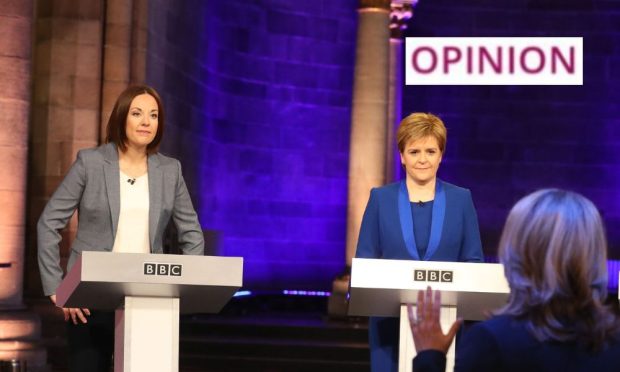
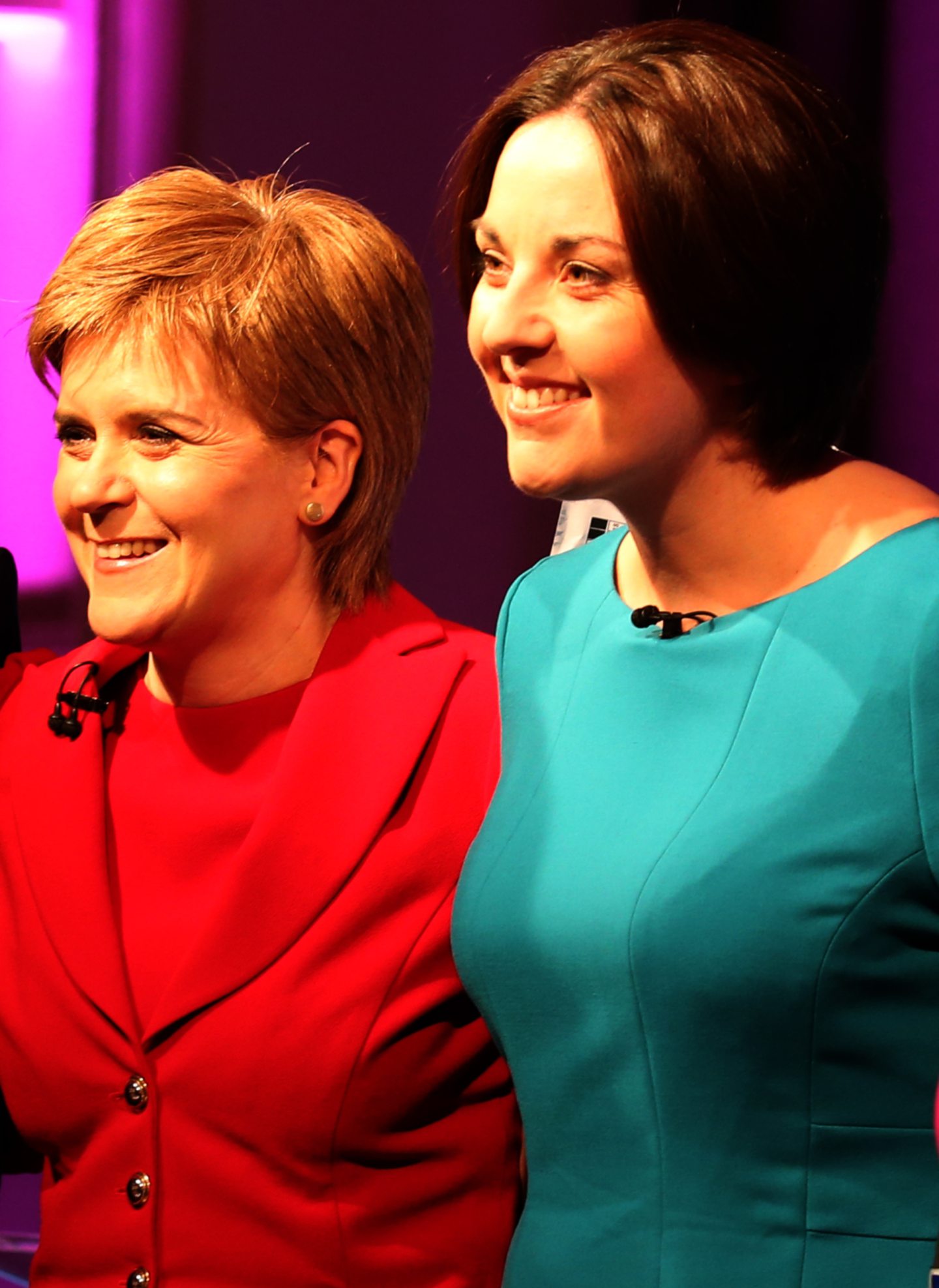
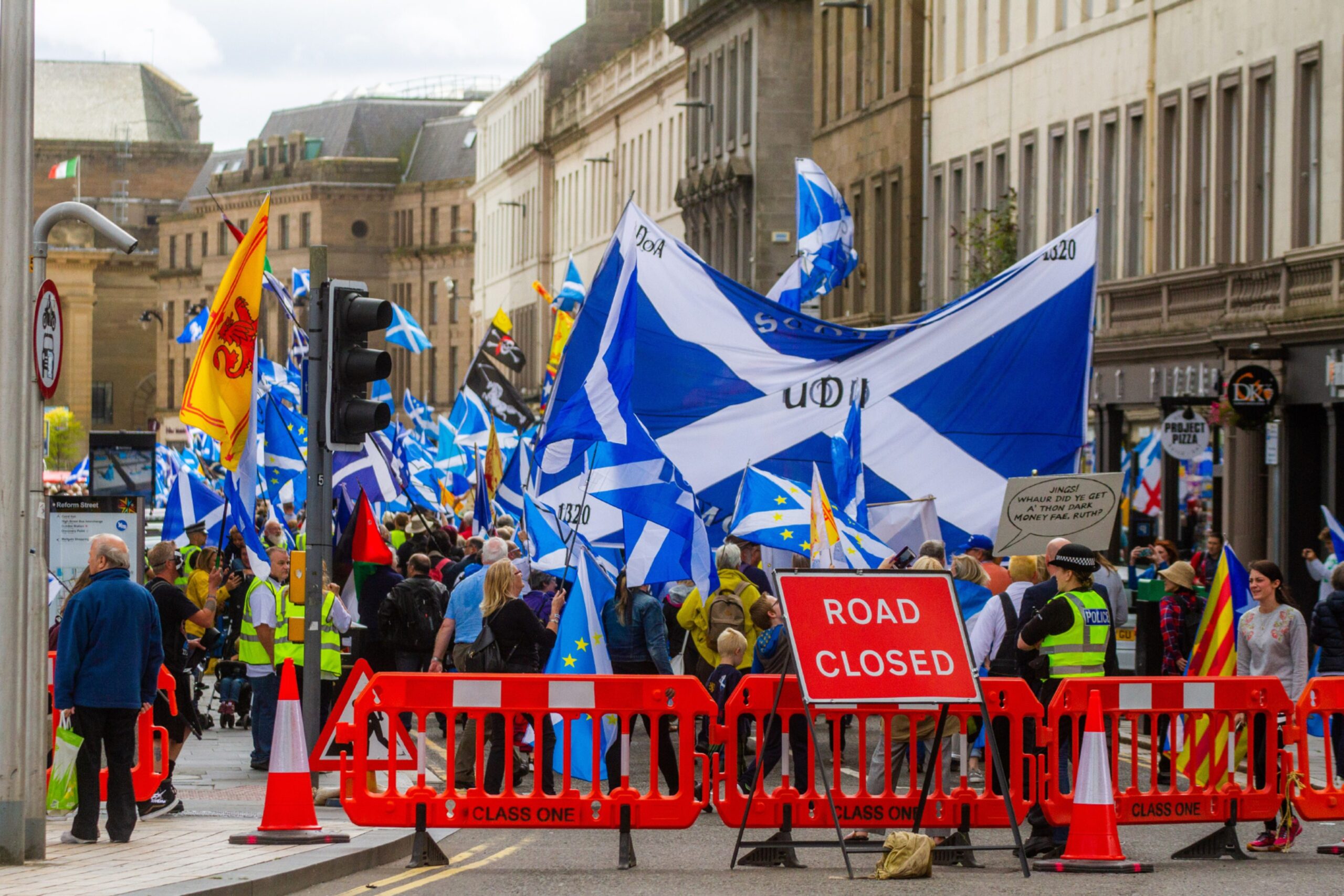
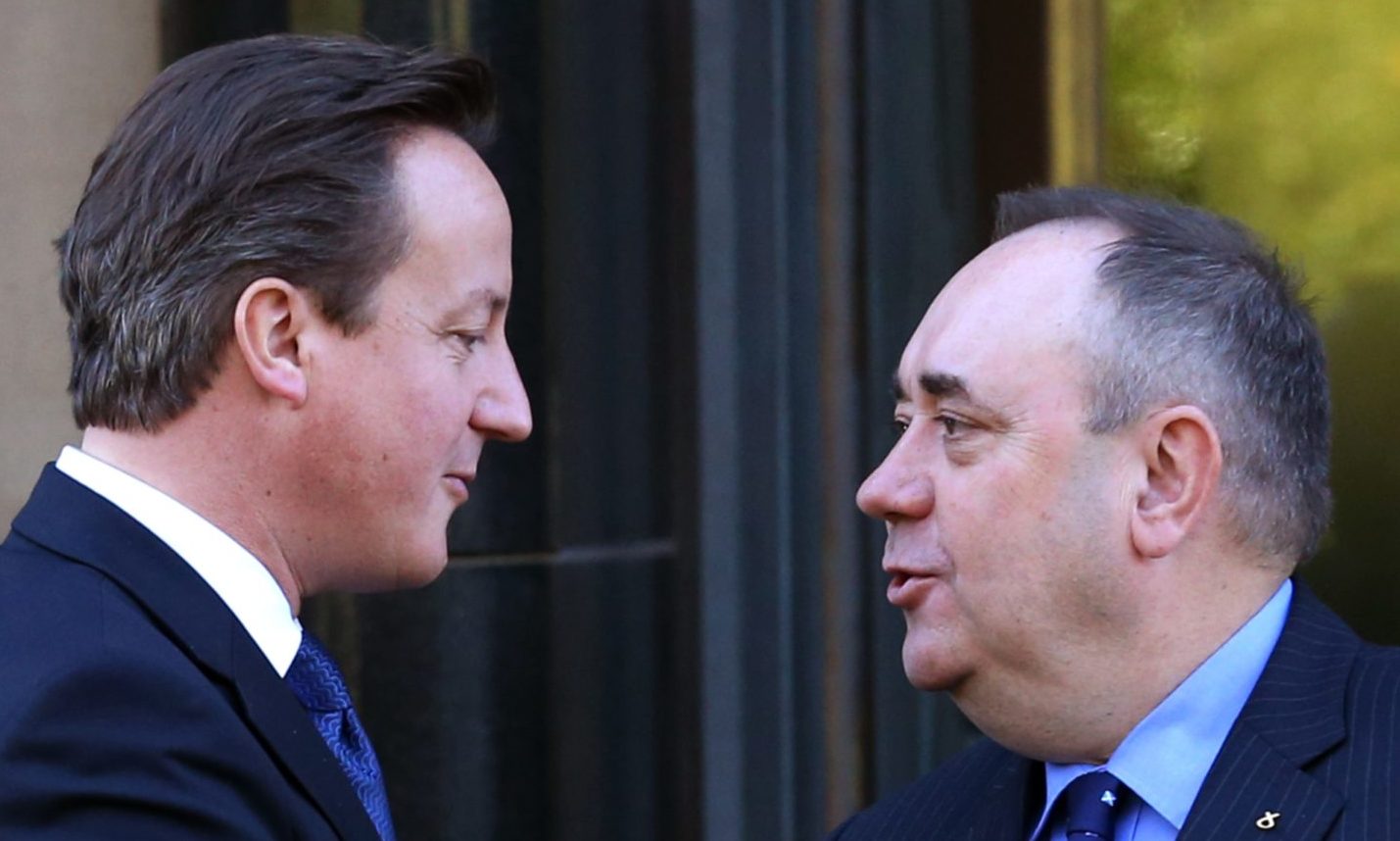
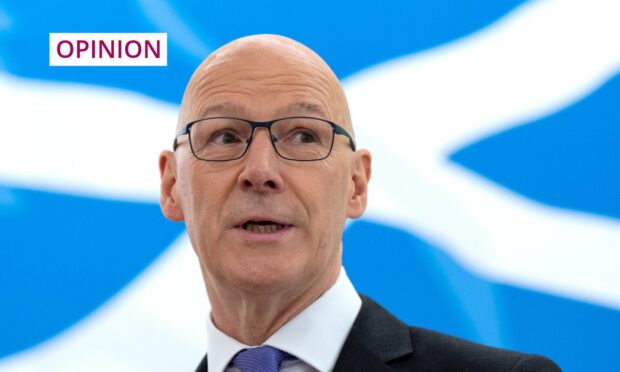
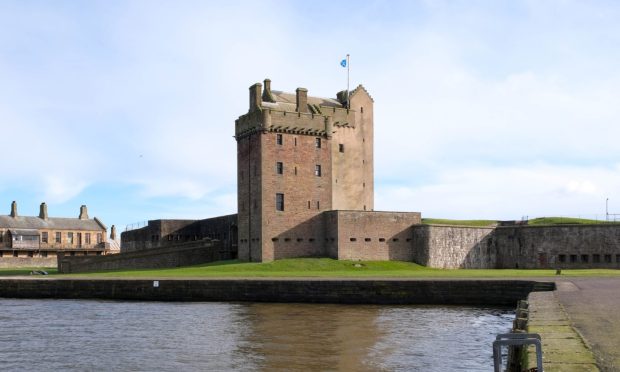
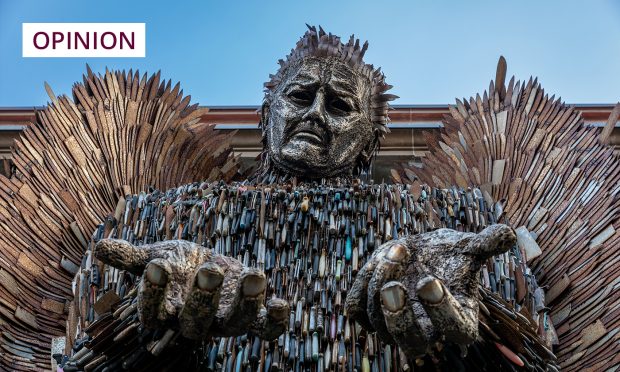
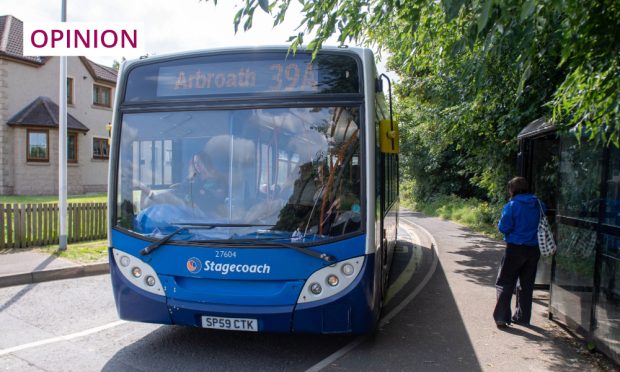

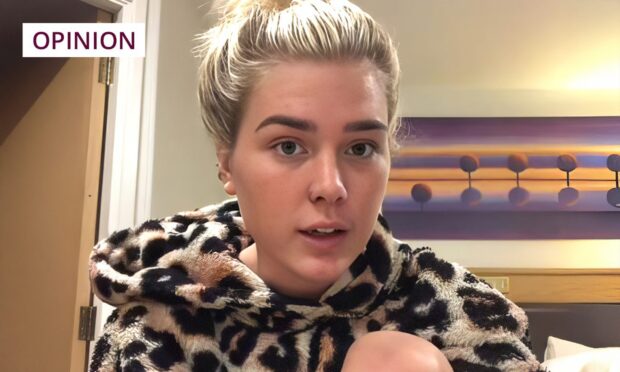
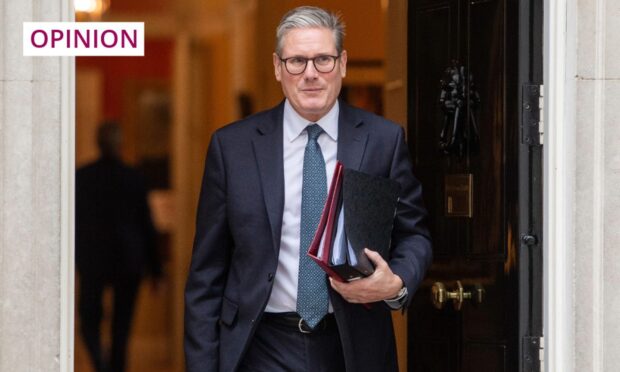
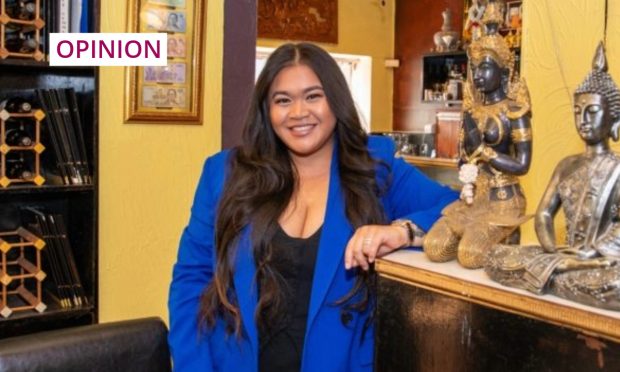
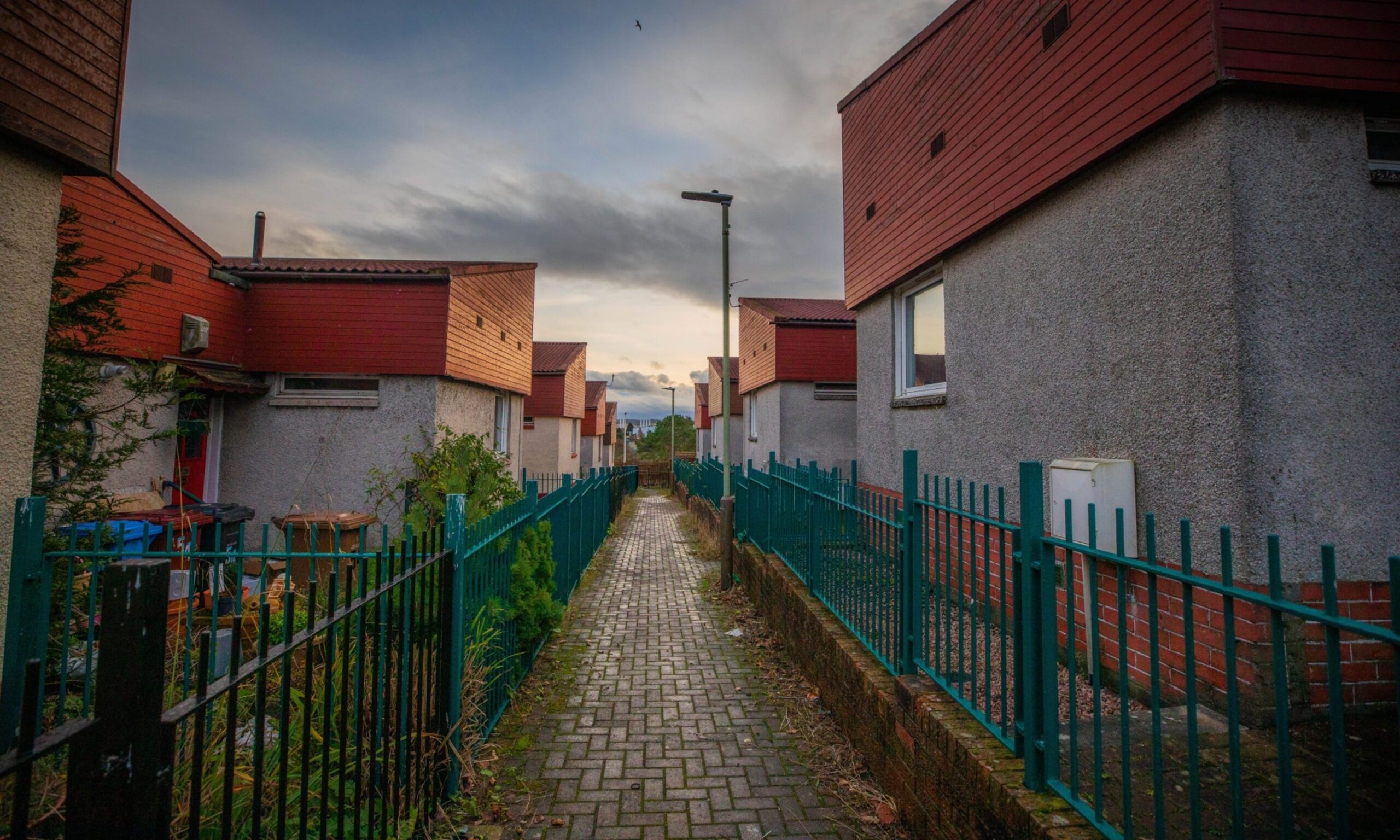
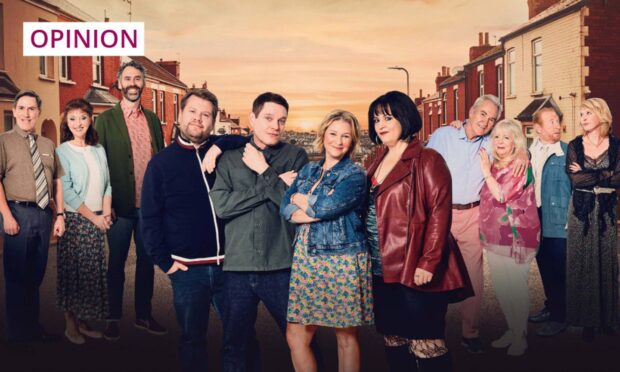
Conversation